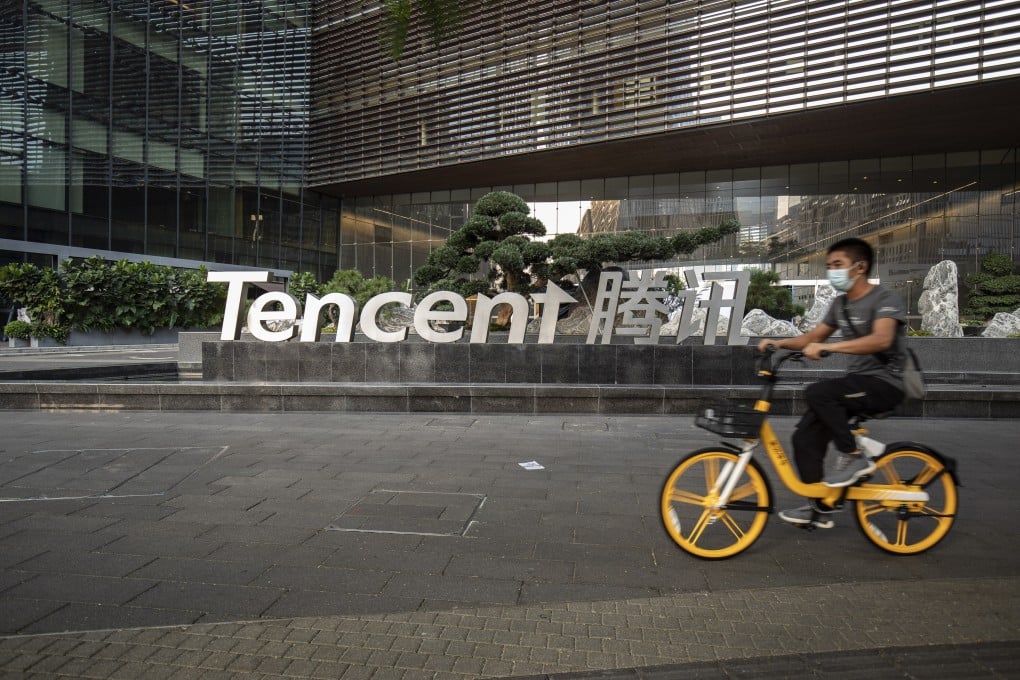Tencent investments push profits up 65 per cent in first quarter, as gaming and fintech units grow with Beijing scrutiny
- China’s biggest social media and gaming company pulled in US$7.4 billion in profit and US$21 billion in revenue, beating estimates
- Tencent says it is increasing investments this year and is bullish on China’s digital currency despite antitrust scrutiny from Beijing and multiple fines

The Hong Kong-listed company reported a profit of 47.8 billion yuan (US$7.4 billion) in the quarter ended March, compared with 28.9 billion yuan in the same period of 2020 and above consensus expectations of 34.4 billion yuan. Revenue reached 135.3 billion yuan, a rise of 25 per cent, compared with 108.1 billion yuan last year. It was more than the 133.8 billion yuan consensus estimate from 25 analysts compiled by Bloomberg.
“The numbers are quite satisfactory, but I can only say that it meets expectations,” said Shawn Yang, Shenzhen-based managing director of Blue Lotus Capital Advisors. “The fintech and cloud sector is better than I expected, considering the entire cloud industry has slowed down a bit this quarter in the post-pandemic period.”
While Tencent’s core business units saw strong growth for the quarter, its various investee companies helped make this a banner quarter for profits. Company president Martin Lau also promised more investment activity going forward.
“The most important driver [of our investment activity] is that we have seen an acceleration of market trends, which include the businesses that are moving online,” Lau said during the earnings call on Thursday. “And we’re seeing an expansion in terms of game users, and also the next stage of the short-video content growth.”